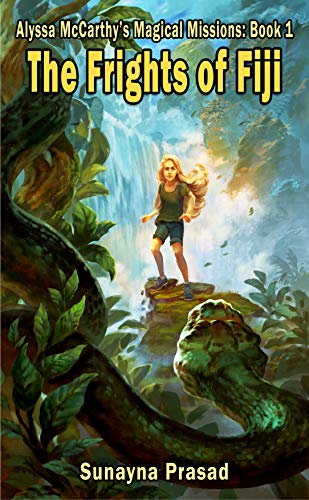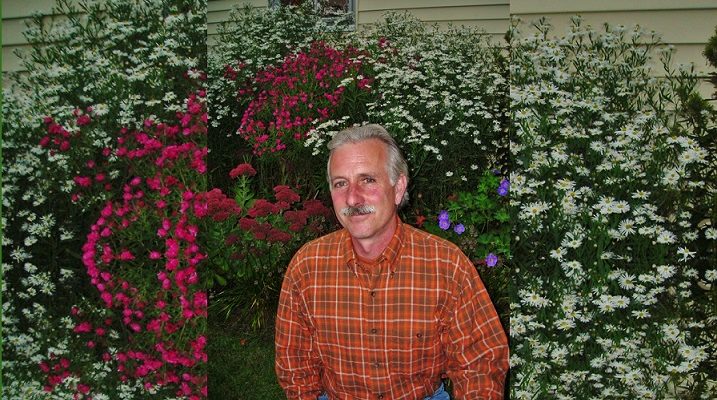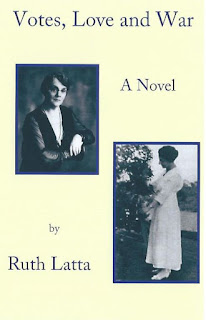 The book is full of interesting nuggets of information; for instance, in 1814, the British Parliament banned nude bathing in the Thames. It includes thirteen illustrations, ranging from a late eighteenth century engraving showing members of a family picking lice out of each other’s hair, to a 1920s German advertisement for Persil detergent.
The book is full of interesting nuggets of information; for instance, in 1814, the British Parliament banned nude bathing in the Thames. It includes thirteen illustrations, ranging from a late eighteenth century engraving showing members of a family picking lice out of each other’s hair, to a 1920s German advertisement for Persil detergent.
A review of City of Girls by Elizabeth Gilbert
 The book is fast paced, consistently engaging, and is often very funny. It comes across as light and easy, but amidst the intriguing mix of Vivian’s self-deprecation and self-aggrandisement there are serious themes in the book. The key one is the relationship between female desire and male aggression. The book subtly but powerful explores the way in which women are both diminished by the men around them and the ways in which they retain and reclaim power.
The book is fast paced, consistently engaging, and is often very funny. It comes across as light and easy, but amidst the intriguing mix of Vivian’s self-deprecation and self-aggrandisement there are serious themes in the book. The key one is the relationship between female desire and male aggression. The book subtly but powerful explores the way in which women are both diminished by the men around them and the ways in which they retain and reclaim power.
An interview with Marc Graham
 The author of Son of the Sea, Daughter of the Sun and Runes for Writers talks about his new books, his research, the system used, on the transition from fiction to nonfiction, advice for new writers, and more.
The author of Son of the Sea, Daughter of the Sun and Runes for Writers talks about his new books, his research, the system used, on the transition from fiction to nonfiction, advice for new writers, and more.
A review of The Frights of Fiji By Sunayna Prasad
 This is a well-crafted coming of age fantasy story for teenagers and young adults. It is a quick-paced story that will capture the reader’s attention and not let go until the last page has been read.
This is a well-crafted coming of age fantasy story for teenagers and young adults. It is a quick-paced story that will capture the reader’s attention and not let go until the last page has been read.
A review of Love is a Rebellious Bird by Elayne Klasson
 Why do we chose those who don’t love us back with the same intensity? Why can we not love those who are best for us? These are the central questions of Love is a Rebellious Bird. The author drops a few hints as to why Judith persists in this unequal love.
Why do we chose those who don’t love us back with the same intensity? Why can we not love those who are best for us? These are the central questions of Love is a Rebellious Bird. The author drops a few hints as to why Judith persists in this unequal love.
An interview with C.B. Anderson
 The author of Roots in the Sky, Boots on the Ground: Metaphysical Poems talks about her new book and its origins, on writing metaphysical poetry and its subjects and lots more.
The author of Roots in the Sky, Boots on the Ground: Metaphysical Poems talks about her new book and its origins, on writing metaphysical poetry and its subjects and lots more.
A Review of Heavier Than Heaven by Charles R. Cross
 Author Charlie R. Cross gives readers a peek into Cobain’s brief life via the singer’s unpublished journal entries, letters, drawings, and home videos. Cobain’s widow and feminist icon Courtney Love gave Cross access to the documents, which was more than helpful because the singer was notoriously for keeping notes of all of his thoughts and experiences.
Author Charlie R. Cross gives readers a peek into Cobain’s brief life via the singer’s unpublished journal entries, letters, drawings, and home videos. Cobain’s widow and feminist icon Courtney Love gave Cross access to the documents, which was more than helpful because the singer was notoriously for keeping notes of all of his thoughts and experiences.
A review of Votes, Love and War By Ruth Latta
 Although primarily a work of fiction, Votes, Love and War is grounded in actual historical events and personalities. For example, Frances Beynon and Lilian Thomas (née Beynon) were prominent writers and suffragists in Winnipeg in the prewar and war years, speaking at public events, founding organizations such as the Political Equality League, and publicizing such injustices as the exploitation of women at work in the factory and on the farm.
Although primarily a work of fiction, Votes, Love and War is grounded in actual historical events and personalities. For example, Frances Beynon and Lilian Thomas (née Beynon) were prominent writers and suffragists in Winnipeg in the prewar and war years, speaking at public events, founding organizations such as the Political Equality League, and publicizing such injustices as the exploitation of women at work in the factory and on the farm.
Gladwell pulls punches with the shocking Talking to Strangers
 He reveals information that will fundamentally change one’s perception about talking to strangers, and one might swear off speaking with strangers ever again. This seems like an exaggerated claim, but it isn’t because the book’s facts are that unnerving, and Gladwell’s technique, casually dropping factual bombshells as if he hasn’t really noticed the ramifications, supplies the book with a constant source of understated humor.
He reveals information that will fundamentally change one’s perception about talking to strangers, and one might swear off speaking with strangers ever again. This seems like an exaggerated claim, but it isn’t because the book’s facts are that unnerving, and Gladwell’s technique, casually dropping factual bombshells as if he hasn’t really noticed the ramifications, supplies the book with a constant source of understated humor.
Interview with Tantra Bensko
 The author of Floating on Secrets talks about her new book, about growing up in Indiana, her inspirations and influences, the book she’s reading now, her new work in progress, advice on writing, and lots more.
The author of Floating on Secrets talks about her new book, about growing up in Indiana, her inspirations and influences, the book she’s reading now, her new work in progress, advice on writing, and lots more.